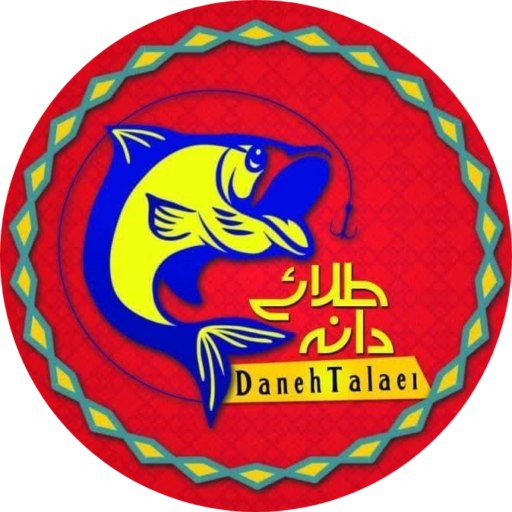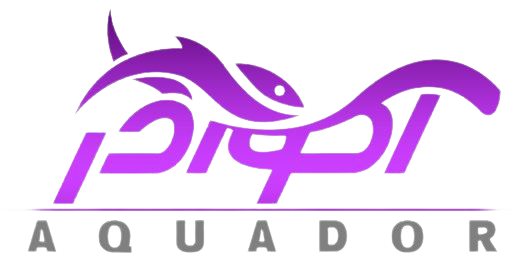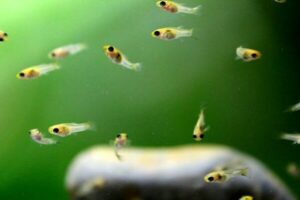According to the Mehr news agency, citing the presidential vice president for science, technology and knowledge-based economy, it is not possible to manage fish farms in cages like any other industry except by surrounding the data indicating the state of the farm and predicting the state of cultivation. The coordinates of the product and raw materials of this industry also increase the sensitivity of the decisions made in the production units of this industry. Based on this, using the facilities that data management and analysis software and artificial intelligence-based systems can provide to managers can lead to significant risk reduction and increased productivity in caged fish farms. By using these tools, the condition of the fish is continuously monitored in the form of various variables, and the information obtained and their analysis is transferred to the cultivation manager. This information includes fish feeding status, growth rate, loss rate, behavior of fish groups, cannibalism, estimation of the number of fish in the cage, and the like, and analyzes such as the health status of aquatic animals, the need to add supplements, extrapolation of breeding status, and the like using this Data is actionable. Currently, this information is mainly collected during the daily visits of the divers to the cages and based on their estimation, it is transferred to the farm manager. For various reasons, this information may not be accurate enough or may not be collected and transferred to the farm manager in the required time intervals. The farm manager and the veterinarian based in the farm need timely access to this information to modify the food ration or medication, and without timely access to this information, they cannot react in time and minimize the damage caused by the conditions in the farm. On the other hand, analyzing the results of this information in a systematic and continuous way requires time, which increases the risk of biological accidents in cages. In order to reduce the aforementioned risks, the use of tools based on artificial intelligence seems to be a desirable solution. The use of this technology can be useful both in the field of information collection and in the field of analysis and summarization of information. By installing devices such as thermal cameras and image processing algorithms with the help of artificial intelligence, the behavior of the fish in the cage can be monitored and the status of the fish in the cage can be provided to the farm manager online. With the development of the software model of the fish farming farm, a tool can be obtained that acts as a farming assistant and continuously, in addition to knowing the farm’s condition, using artificial intelligence algorithms, offers suggestions to move the farm to the desired state and optimize the production process. such as suggesting to change the diet plan or diet composition, use of medicines and supplements). Finally, presenting this information to the farm manager in a coherent way that shows a unified and clear picture of the farm’s status and its change is one of the most effective ways to optimize the farm’s activity. Development of software by which each user has access to a level of information and is allowed to enter specific information from a part of the cage fish farm. Different parts of the farm, from the warehouse to the divers and feeding workers, each enter the information related to their duties in the software through their portal in the software and receive the information they need from it. In this way, the status of the farm can be seen continuously and online for farm managers, and it is possible to take the initiative and take appropriate decisions in the shortest time. In the field of selling products of fish farms, the existence of a platform in the form of a specialized software for the sale and pre-sale of capillary products of fish farms as a transactional ecosystem will lead to the highest efficiency of the industry. By using this platform, the small producer and consumer are connected to each other and the market for caged fish farm products is expanded.
On the other hand, this platform provides quick market feedback for breeding and helps to supply the optimal product to the market. Finally, the existence of this platform will provide faster part of the liquidity needed for production. Considering the importance of the issue of intelligentization of caged fish farms and its positive effects on improving the performance of farms, reducing the risk of producers, increasing sales and developing the market of aquatic products, recently a call with the same title was made in order to identify and benefit from the power and expertise of technology companies and complexes. and the basic knowledge was published by the office of the National Program for the Development of Greenhouse and Fishery Towns of the Scientific Vice-Chancellor, in which, while pointing out the important axes and issues, competent groups in this field were invited to submit their plans and proposals. in order to implement the project of intelligence with the aim of completing and developing the value chain of fish farming in cages.





